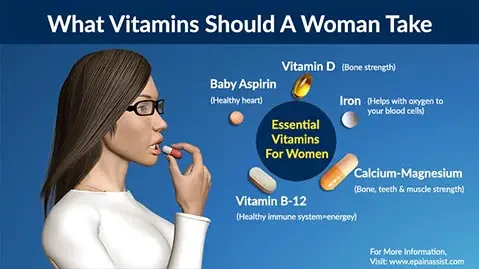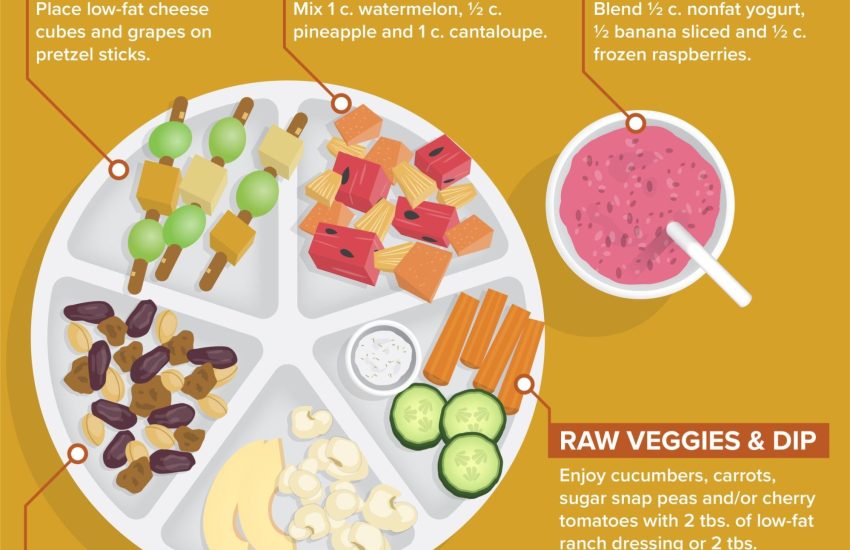The Role of Supplements in Women’s Nutrition
Proper nutrition is essential for women at every stage of life. A balanced diet consisting of a variety of healthy foods provides the necessary nutrients for overall well-being. However, there are instances where women may lack certain vitamins or minerals due to various factors such as dietary restrictions, hormonal changes, or pregnancy. In such cases, supplements can play a vital role in filling these nutritional gaps and supporting optimal health.
Understanding the Need for Supplements
Women have unique nutritional needs, which may be different from those of men. Hormonal fluctuations during menstruation, pregnancy, and menopause can affect nutrient requirements. Additionally, women are more prone to conditions such as osteoporosis and anemia, which can be addressed through targeted supplementation. While a well-rounded diet should always be the primary source of nutrients, supplements can serve as valuable additions to ensure the body receives all the essential vitamins and minerals it needs.
Evaluating Different Types of Supplements
When it comes to choosing the right supplements, it’s crucial to do thorough research and consult with healthcare professionals. Different supplements cater to specific needs, such as prenatal vitamins for expectant mothers or calcium and vitamin D for bone health. Other common supplements for women include omega-3 fatty acids, iron, magnesium, and probiotics. Understanding the purpose and benefits of each supplement helps women make informed decisions about their nutritional needs.
Supplements for Pregnancy and Postpartum Support
During pregnancy, a woman’s nutrient demands increase significantly to support the growing baby. Prenatal supplements containing folic acid, iron, calcium, and other essential vitamins and minerals are often recommended to ensure healthy development and reduce the risk of birth defects. After childbirth, postnatal supplements can aid in recovery, replenish nutrient stores, and support breastfeeding mothers by providing essential vitamins like vitamin D and omega-3 fatty acids.
Bone Health
Osteoporosis, a condition characterized by weak and brittle bones, is prevalent among women, especially during menopause. Calcium and vitamin D supplementation are known to improve bone density and reduce the risk of fractures. Women should also consider weight-bearing exercises and a diet rich in foods like dairy products, leafy greens, and fortified cereals to maintain optimal bone health.
Addressing Anemia
Iron deficiency anemia is more common in women due to blood loss during menstruation. Iron supplements can help replenish iron levels and prevent symptoms such as fatigue, weakness, and dizziness. However, it’s essential to consult a healthcare provider before starting any iron supplement, as excessive iron intake can have adverse effects.
Supporting Heart Health
Heart disease is a leading cause of mortality in women. Omega-3 fatty acids, found in fatty fish like salmon, are known to promote heart health, reducing the risk of heart disease. Fish oil supplements can be beneficial for women who don’t consume enough fish in their diets. It’s important to choose high-quality supplements that meet the required standards in purity and potency.
Boosting Energy Levels
Many women experience periods of low energy, particularly during times of hormonal change, such as premenstrual syndrome (PMS) or menopause. B-vitamins, iron, and magnesium are essential for energy production and regulating mood. Incorporating supplements that specifically target energy levels can help combat fatigue and enhance overall well-being.
Supporting Gut Health
The gut microbiome plays a crucial role in women’s health, impacting digestion, immunity, and hormonal balance. Probiotics, which are beneficial bacteria, can support a healthy gut by promoting proper digestion and nutrient absorption. They can also help prevent vaginal infections and urinary tract infections, which are common in women. Including probiotic supplements or consuming probiotic-rich foods like yogurt can contribute to maintaining a healthy gut.
Conclusion
Supplements can be valuable additions to a woman’s nutrition regimen, providing vital nutrients that may be lacking due to various factors. Women should aim to maintain a balanced diet as the primary source of nutrients but consider discussing their unique needs with healthcare professionals to identify appropriate supplements. By understanding the purpose and benefits of various supplements, women can optimize their health and overall well-being while addressing specific nutritional requirements.


